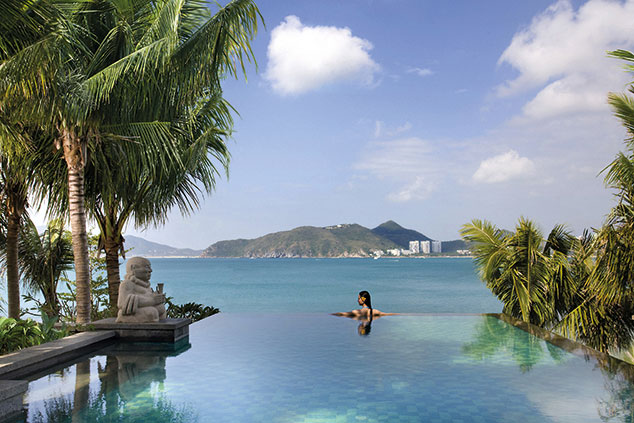
The long history of the investment-trust sector means it contains names to delight the nostalgic and infuriate Guardian readers. Sadly, these names are disappearing. Foreign & Colonial is changing its name to F&C, while some F&C funds are becoming BMO, a ghastly acronym unlikely to stand the test of time.
Fortunately, the 130-year-old British Empire Trust (LSE: BTEM) has no plans to change a name that has nothing to do with its investment focus.
A focus on quality
The trust’s focus is on “high-quality businesses trading at wide discounts to their net asset value” (NAV – the value of the underlying portfolio). These can be closed-end funds (currently 49% of the £1bn portfolio); family controlled holding companies, mostly in Europe and Asia (33%); and over-capitalised Japanese companies (18%).
While British Empire’s shares trade at a discount of just over 10% to NAV, the discount to the bottom layer of holdings (the portfolio funds’ constituents) is 33%, up from 25.5% a year ago, and close to the peaks reached in 2008 and in the euro crisis, says manager Joe Bauernfreund. In the three years since Bauernfreund took over as manager, the investment return has been 60%, compared to 47% for the benchmark MSCI ex USA index. Though the investment universe, and hence the trust, historically had low US exposure, it is now 25%, which may have bolstered relative performance in recent years.
“We do not know how current investor concerns will turn out,” says Bauernfreund. “We focus on things we understand and can do something about, such as the quality, diversity and valuations of the investments.” He and his family own around 200,000 shares at nearly £7 each, so performance, not asset gathering, is clearly his prime concern. Investments are held for the long term, but Bauernfreund is not averse to reducing his holdings or selling out when valuations increase.
Aker returns 91%
This is what happened with energy and oilfield services group Aker, which appreciated 91% in the last financial year, making it the trust’s most successful investment. It was originally bought in 2008 at a 42% discount to NAV, but the holding was significantly reduced on an 8% discount earlier in 2018, and has since been added to again now that the oil price has retreated and the share price fallen. The largest holding is Pershing Square at 9% of the total. Pershing trades on a 24% discount to NAV after a series of disasters, though the performance has improved in the last year.
Bauernfreund points out that its manager Bill Ackman is “one of the most vocal activists in the world”, which makes him vulnerable to the charge of hypocrisy if he doesn’t get his own discount down.
Other large holdings include Jardine Strategic, which spans a business empire including Dairy Farm, the Asian food retailing chain, and Mandarin Oriental hotels. It trades on a 35% discount.
Most of the Japanese exposure is invested in a portfolio of 16 “overcapitalised and deeply undervalued” companies with the potential for value to be unlocked. The team’s approach is to be activist but not confrontational, pressing management in private for amicable solutions. Such is their confidence that a specialist sister trust, AVI Japan Opportunities, was recently launched to invest alongside British Empire.
In better market conditions, the underlying performance of the companies in the portfolio will be enhanced by falling discounts to asset value and gearing; long-term debt of £89m is 9% of NAV. Long-term outperformance looks set to continue, to the dismay of the evangelists of political correctness.